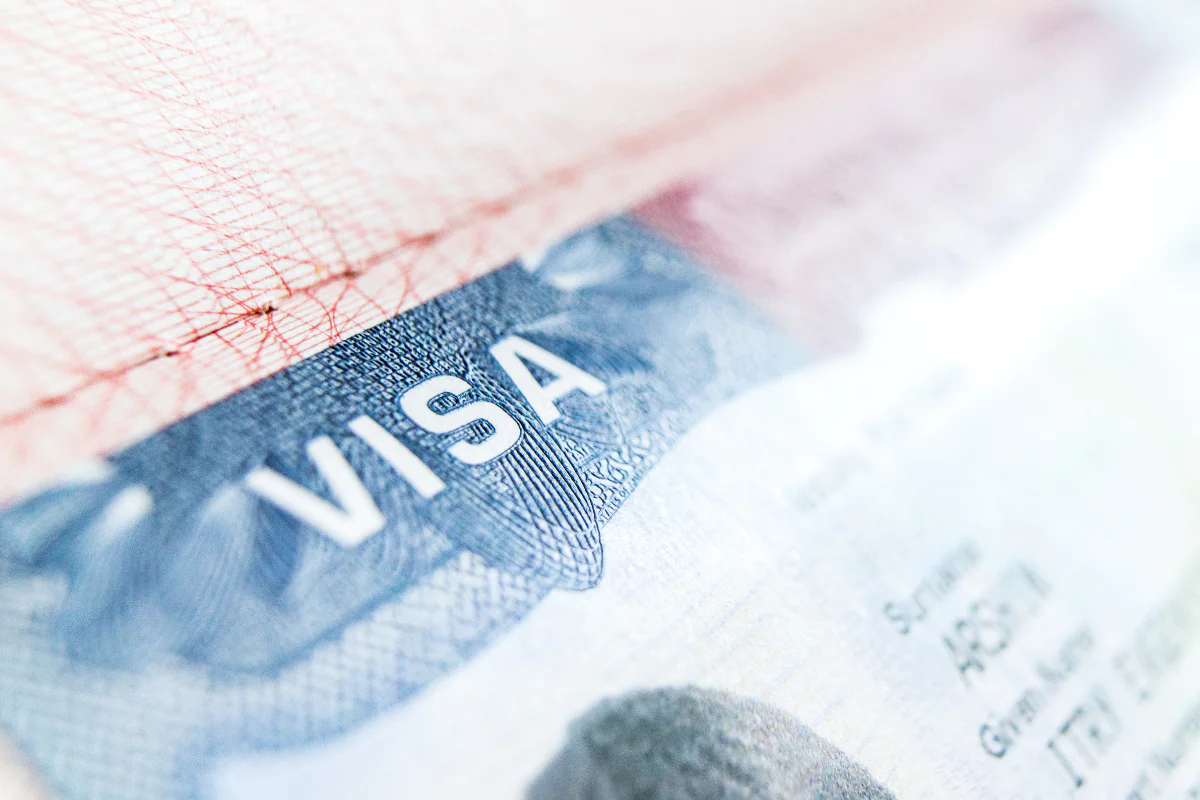Update: President Trump issues Executive Order requiring H-1B Workers to pay US$100,000 fee

Oct 17 update:
Since the release of this Insight, additional guidance issued by the U.S. Citizenship and Immigration Services, U.S. Customs and Border Protection, The White House and U.S. Department of State provides:
- The Executive Order’s target is the entry of H-1B workers into the U.S. who are currently outside of the U.S. pursuant to INA 212(f)
- The Executive Order only applies to new, prospective petitions that have not yet been filed – petitions submitted prior to September 21, 2025, are not affected
- The Executive Order does not apply to individuals who:
- Are the beneficiaries of Petitions that were filed prior to September 21, 2025
- Are the beneficiaries of currently approved petitions
- Are in possession of a validly issued H-1B non-immigration visa
- The Executive Order does not change any payments or fees required to be submitted in connection with any H-1B renewals. The fee is a one-time fee submission of a new H-1B petition
- The Executive Order does not prevent any holder of a current H-1B visa from traveling in and out of the United States
Exceptions: The Executive Order specifically excludes any individual applicant, all individuals employed by a company or individuals working in a specific industry if DHS determines that it is in the national interest of the United States and that the exemption would not pose a threat to the security or welfare of the United States.
The Executive Order also does not apply to the following:
- H-1B applications not subject to the US$100,000 fee
- National Interest Exemptions (may apply on a case-by-case basis)
In a series of Presidential Executive Orders (EOs) that were released on September 19, 2025, President Trump issued an EO restricting anyone seeking to enter or re-enter the US on H-1B status without a payment of a US$100,000 fee. Since September 20, 2025, social media posts and statements have been published by the White House further clarifying how the proclamation will be implemented for “new,” rather than existing, H-1B petitions.
Who does this Proclamation affect?
The Proclamation targets entry of H-1B workers into the United States who are currently outside the United States pursuant to INA212(f). It restricts H-1B workers who attempt to re-enter the United States after September 21, 2025, as they will be unable to return to the United States unless and/or until they pay the US$100,000 fee.
This means that United States Customs and Immigration Services (USCIS), the Agency in charge of adjudicating H-1B petitions will not process incoming H-1B petitions for workers who are currently outside of the United States, unless the petition is accompanied by proof of payment of the US$100,000 fee.
The Proclamation also directs the Secretary of State to prevent the misuse of B visas (tourist/business visa status) by foreign workers with approved H-1B petitions. The Proclamation makes clear that those on B visas entering the United States may be prevented from filing a change of status and avoiding payment of the fee.
Those who are planning on entering the 2026 H-1B Lottery will likely be subject to the new fee.
The Proclamation does not address cap-exempt H-1B workers so it is uncertain if the fee will also be imposed on those foreign workers. Clarifying guidance is expected over the next several weeks.
Who isn’t affected?
It does not appear that extensions of stay for H-1B workers in the United States will be affected by this order. This includes those applying for change of employer, change of status or amended petitions where the beneficiary remains in lawful H-1B status.
There is also an exception to the Proclamation, which allows for the Department of Homeland Security to allow those who are in the National Interest of the United States and who do not pose a threat to the security or welfare of the US to be exempted from paying the fee.
When will the Proclamation go into effect?
The Proclamation is set to go into effect on September 21, 2025, and will expire after one year. The President directed the Secretary of State, Attorney General, Secretary of Labor and the Secretary of Homeland Security to jointly make a recommendation to extend or renew the EO within thirty (30) days of the next H-1B Lottery (i.e. in March 2026).
We will see whether the Trump Administration decides that it will renew or extend this order in 2026.
Anyone wishing to learn more about the program, either from an immigration perspective or as a local business looking to benefit from the addition of new skilled workers, is encouraged to reach out to MLT Aikins lawyer Jessica Jensen or another member of the MLT Aikins immigration team.
Note: This article is of a general nature only and is not exhaustive of all possible legal rights or remedies. In addition, laws may change over time and should be interpreted only in the context of particular circumstances such that these materials are not intended to be relied upon or taken as legal advice or opinion. Readers should consult a legal professional for specific advice in any particular situation.




